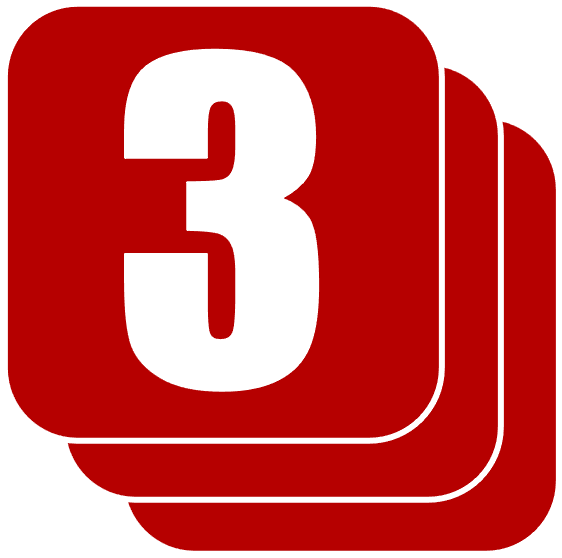


The Perception (Wisdom) skill measures your ability to notice things about your environment, by sight, hearing, or any other sense. This skill is commonly used in conjunction with Logic - Perception is typically used to notice traits of an object or environment, while Logic is used to make conclusions using things you've already noticed.
The Perception skill is used for actions that involve sensing or searching for something actively, or that directly pertains to you. Your passive perception is used at all times, and determines whether you notice things around you without needing to actively search for them.
The Perception skill utilizes all five of your senses, with each sense (sight, smell, hearing, touch, and taste) available as a specialty skill. When using Perception actions that do not involve a specific sense, such as Searching, be sure that the GM is aware of your specialty as they should adjust the perception DC's of any objects in the area that could be percieved with your heightened sense.
For example, when using the Search The Area action in a dark cave, if you have a +2 specialty in hearing, the perception DC for you to notice the distant sound of rushing water should be reduced by 2. You do not make multiple skill checks for multiple senses.
Items with the ⬆ Upgrade symbol can be purchased any number of times.
Items with multiple tiers must be purchased in order (starting with tier 1.)
Prerequisite: 3 Perception
You gain a +2 bonus to passive perception.
Prerequisite: 6 Perception
You gain a +3 bonus to passive perception (total +5 from this feat.)
Prerequisite: 9 Perception
You gain a +5 bonus to passive perception (total +10 from this fear.)
Prerequisite: 3 Perception
Each additional frame you spend searching for something adds an additional +1 to your check result.
Prerequisite: 5 Perception
You may search rooms and examine objects from distances of up to 50 feet.
Prerequisite: 7 Perception
You always passively spot moving objects within 100 feet of you. If your passive perception doesn't allow you to spot them, then you can't identify the object, but you notice movement.
Items with the ⬆ Upgrade symbol can be purchased any number of times.
| Tiered | Name | Cost | Requirements | Details |

|
Alert | ✪20 | 3 Perception | Details ▶ |
| Thorough Search | ✪50 | 3 Perception | Details ▶ | |
| Distant Search | ✪75 | 5 Perception | Details ▶ | |
| Peripheral Vision | ✪70 | 7 Perception | Details ▶ |



You search your surroundings for hard-to-find objects. Use this action whenever you aren't sure what might be in a room or area. Make a single Perception check. Any objects not in plain sight will have a Perception DC that determines how difficult they are to notice. The GM may apply a circumstance bonus or penalty to the check based on the conditions of the area, such as light level or background noise.
Note that you only need to use this action to search an area for well-hidden objects and features. If an object's perception difficultyis less than your passive perception, you'll notice it immediately when you enter the area. If an object is in plain sight, its perception difficultyis zero, and it will be noticed immediately by everyone in the area.
| Success: | You spot hidden objects you succeed against. |
| Critical Success: | You spot hidden objects, and you know whether or not there is anything else in the room worth searching for. |
| Failure: | You don't notice hidden objects you fail against. |


You search the area for a specific person or object. Use this action whenever you're searching for something (or someone) specific that you already believe is nearby. Make a Perception check against the perception difficultyof the targeted object or creature. While searching, you may move up to your speed, but you cannot perform any other special movements or actions.
You must search for at least 2 frames, and up to one round.
| Success: | You locate your target. |
| Failure: | You don't find your target. You can continue searching up to and until the end of your turn. Each additional frame spent searching adds a +2 circumstance bonus to your check (you do not roll again.) |



You closely examine an item or small area for hidden features and properties. The object or area must be within your reach. and can be no more than 4 x 4 x 4 feet in size (2x2 spaces on a square game board.)
Make a Perception check. Your examination takes five minutes. The GM determines what you notice about the object during this time and may call for additional Knowledge checks based on what you find.
Assistance: Helpers make a Examine (Perception) check.
The Sense action is used to determine whether you sense something specific via sight, taste, smell, hearing, or touch. You only need to use this action for things that are difficult to sense. Make a Perception check. The difficulty is set by the GM and depends on the object being observed and the environmental circumstances.
Examples of the Sense action include the following:
| Success: | You sense the object or event and recognize it. |
| Failure: | You don't notice the object or event. The GM may have you partially sense it, such as hearing only a few words of a conversation, depending on the margin of failure. |